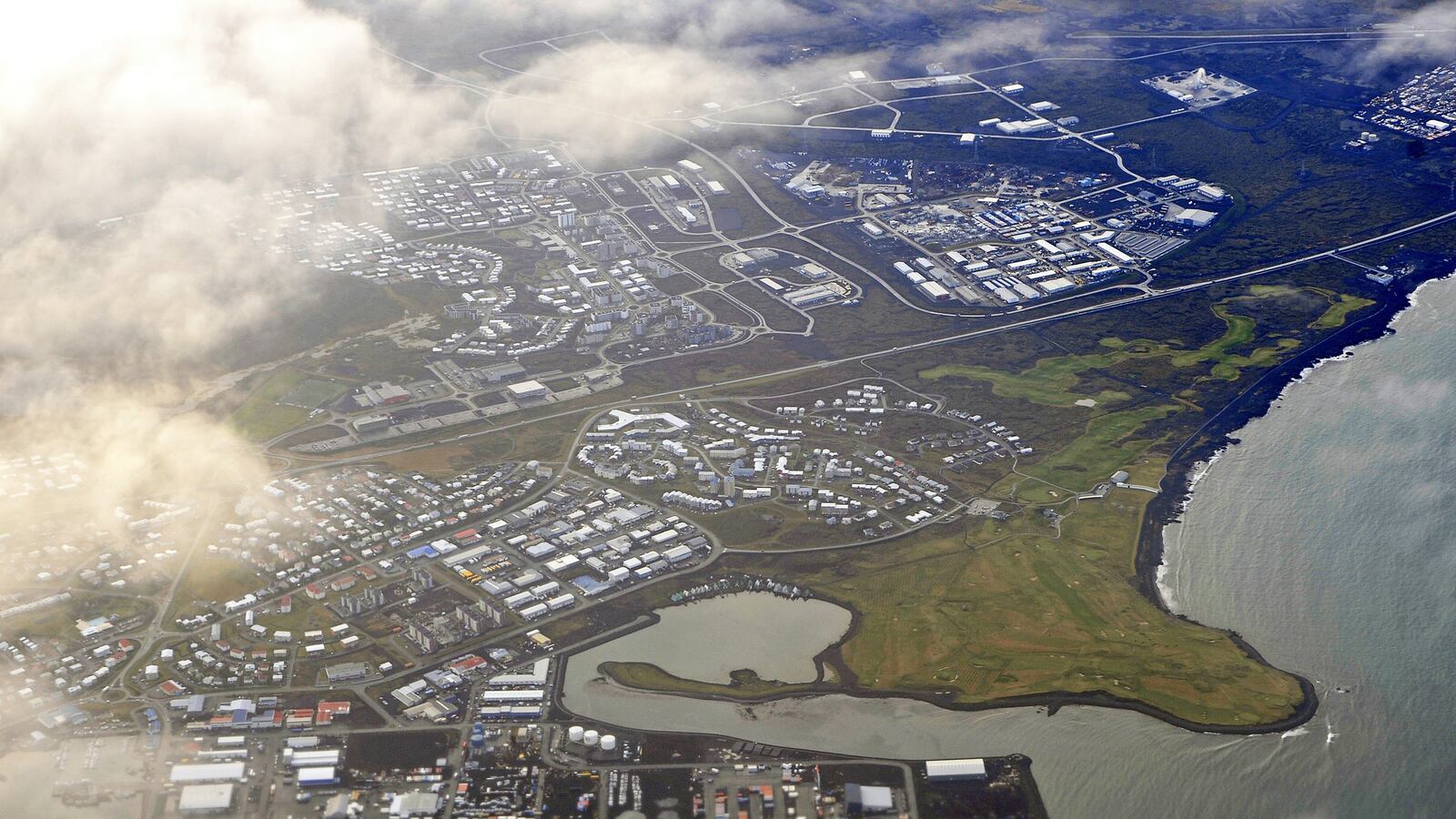Now that we know who is responsible for leaking the details of the National Security Agency’s top-secret spying program, the discussion has turned to Edward Snowden’s whereabouts and what will happen to him next. The admitted leaker is reportedly hiding out in Hong Kong, hoping to reap the benefits of the Chinese territory's “spirited commitment to free speech and the right of political dissent” while mulling applying for asylum in Iceland. The debate over whether Hong Kong would deny an extradition request for Snowden, or if Iceland’s newly elected right-wing prime minister is as eager to defy the United States diplomatically as his country’s past governments, prompts a rarely asked question: how does an American citizen even seek asylum?

Every case is different, and it all depends on the reason you’re seeking asylum, but regardless of the circumstances, the first thing you need to do to apply for asylum in a country is to be there. That stipulation is already a problem for Snowden, as Interpol may very well already have a sealed “red notice” out for his arrest without his even knowing it, so trying to get anywhere could be tricky. Before taking a risky flight to the safe haven of your choice, it would be wise to look into whether that country has an extradition agreement with the United States, or else you could be on your way back home before even having a chance to settle in. There are relatively few countries with which the U.S. does not have an extradition treaty—and even fewer that would make a desirable home.
The good news is extradition treaties are not the be all and end all. According to the 1951 Refugee Convention, “everyone has the right to seek asylum if they can demonstrate that they have a well-founded fear of persecution if they are sent back to their country of citizenship,” said Widney Brown, senior director for international law and policy at Amnesty International. “The right to seek asylum trumps an extradition agreement.”
In order to prove asylum is warranted, one could point to examples of how the U.S. has treated people in comparable situations in the past. So Snowden, for example, might argue that he could receive the same treatment as WikiLeaks informant Bradley Manning, whose detention conditions have been described as “extreme” and even “torture.”
Still, the U.S., unsurprisingly, has a large amount of international pull, and even countries that disagree with our foreign-policy decisions are rarely eager to challenge the U.S. government when the time comes.
“A lot depends on whether the politics of the country’s relationship with the U.S. outweighs the claim for asylum,” Brown said. “The U.S. has a long history of a highly politicized asylum policy.”
Countries such Cuba or Venezuela, which don’t really have a relationship with the U.S. to protect, might be more willing to grant a U.S. citizen asylum, but even then they’d be doing it to prove a political point. “High-profile asylum seekers tend to become political pawns,” Brown said. Then of course there’s always Ecuador, where fellow leaker Julian Assange has been avoiding extradition to Sweden since last summer.
Asi Bali, an assistant professor at the UCLA School of Law, notes that “Americans are often much less eligible for asylum because most countries accept that the U.S. constitutional system treats liberties well.” But certain countries, for instance in Scandinavia, place a higher premium on privacy or individual liberties, or take issue with U.S. detention standards, and might be willing to deny extradition requests, if not grant full asylum, she said. That’s what Snowden seems to be hoping for with Iceland. But while the country has been a safe haven for Americans in the past—the country granted former chess star Bobby Fischer asylum in 2005—and Snowden already has the support of at least one Icelandic lawmaker, skeptics point out that the country’s current prime minister has ushered in a right-leaning government that’s closer to the U.S. than in years past.
Bali suggests Snowden’s best bet, at this point, might be to stay put. “In terms of a highly developed country with a strong economy that has an on-balance reasonable prospect of subjecting an extradition request to robust scrutiny by the political organs of the state, Hong Kong might not have been a bad choice,” she said.




